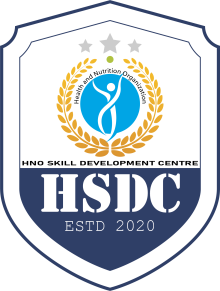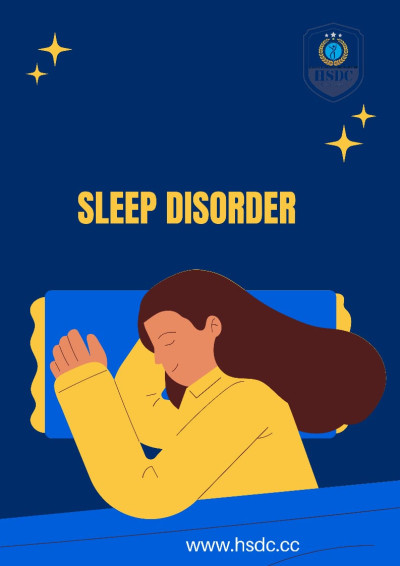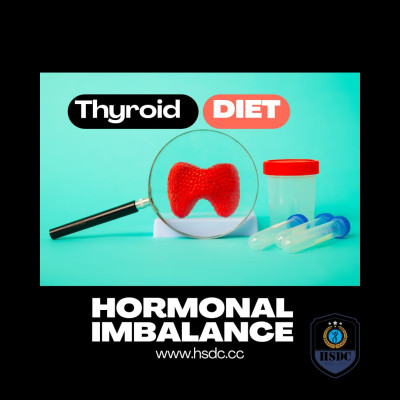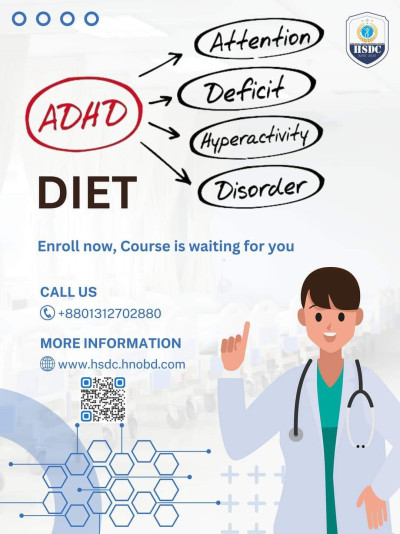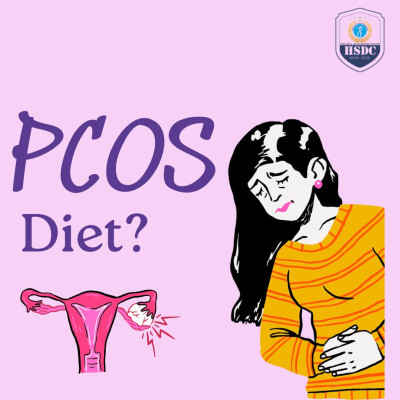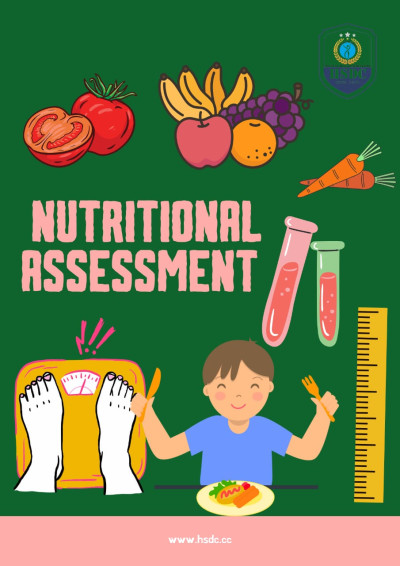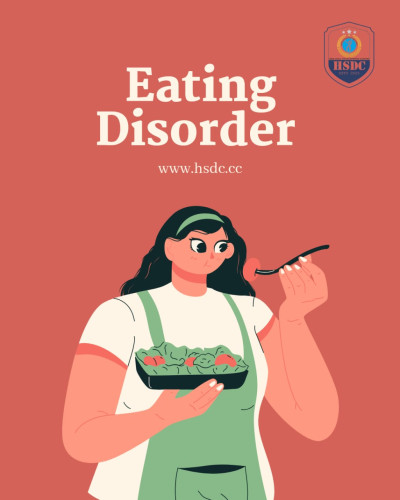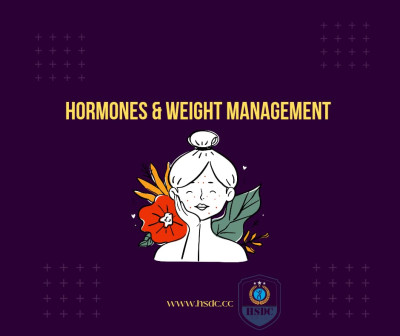Course description
The "Sleeping Disorders" course provides an in-depth examination of the various types of sleeping disorders and their effects on individuals' physical and mental health. Through a combination of theoretical knowledge, case studies, and practical exercises, participants will develop a nuanced understanding of the causes, symptoms, diagnosis, and treatment of sleep disturbances.
The course begins by exploring the fundamentals of sleep physiology, including the stages of sleep, circadian rhythms, and the neurobiology of sleep regulation. Participants will gain insights into the importance of sleep for cognitive function, emotional regulation, immune function, and overall well-being.
Moreover, the course delves into the classification and clinical features of common sleeping disorders, such as insomnia, sleep apnea, restless legs syndrome, narcolepsy, and parasomnias. Participants will learn to recognize the signs and symptoms of these disorders, as well as their potential impact on daytime functioning and quality of life.
Throughout the course, attention will be given to evidence-based assessment tools and diagnostic criteria for sleeping disorders. Participants will explore strategies for conducting comprehensive sleep assessments, including sleep diaries, actigraphy, and polysomnography, to accurately diagnose sleep disturbances and formulate individualized treatment plans.
Furthermore, the course will cover a range of management approaches for sleeping disorders, including pharmacological interventions, cognitive-behavioral therapy for insomnia (CBT-I), sleep hygiene education, and lifestyle modifications. Participants will gain practical skills in implementing these interventions and supporting individuals with sleeping disorders in achieving better sleep quality and overall health.

